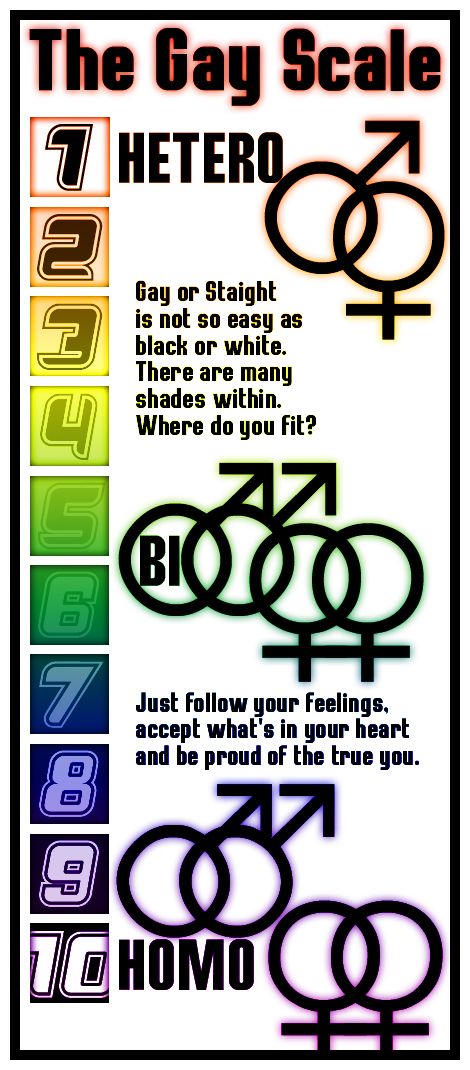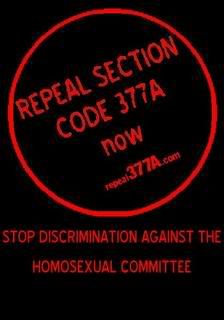In the Qur’an, the times for fasting during Ramadan are clearly set. One must fast from an hour before daybreak until sunset. Since this is the clear direction of the Qur’an, this is how most Muslims observe the 30 days of Ramadan. Usually Muslims who are fasting in observance of Ramadan take a light meal prior to daylight. In the evening they eat again. Part of this ritual fasting is to help take the focus on worldly things so the mind and heart are redirected toward spiritual things. In some ways the month of Ramadan is similar to Rosh Hashanah, because it marks a time of spiritual renewal and commitment toward becoming a better follower of one’s religion. By fasting, and as well abstaining from sexual practice during the day the focus is on renewing one’s commitment to God and to Islam. Not everyone must fast during Ramadan. Women who are pregnant or nursing need not fast. The elderly also may not fast. Children’s ages when they begin the fast differ according the interpretation of the specific Muslim sect. Some mark the age at 10, while others more generally state that the fast should be undertaken by any undergoing puberty. Those who have medical conditions that might be disturbed by fasting are usually not required to fast. Renewing one’s commitment to God is not only solemn but as well celebratory, and a typical evening meal will include sweet treats like dates or candies. The nights of Ramadan are meant to be joyous family times, just as the days are meant to be times of contemplation and additional prayer. Fasting during Ramadan, and breaking the fast at night, called the iftar, is a sacrifice to God. Muslims not only renew their commitment to God but also dwell on those who may through necessity forgo food on a regular basis, such as the poor. Fasting is thought to sanctify a person, but one does not derive spiritual benefit if he or she breaks certain Islamic laws. Hurting someone else, lying, being greedy, falsely testifying against someone, or denouncing someone are very specific sins that are thought to be especially evil during Ramadan. Part of this is based on the Islamic belief that Ramadan is a time when the devils of the world are contained and cannot influence a person to evil. This means committing a sin during Ramadan cannot be excused as demonically influenced. Instead, the person sins without influence and from the heart, which is far worse than sins caused by temptation of devils. The iftar is sometimes mistakenly believed to be a time when people gobble up their food and eat in excess to prepare for fasting the next day. Actually, meals before dawn and after dark should be light. To overeat would represent greed and thus be sinful.
0 comments:
Post a Comment
Subscribe to:
Post Comments (Atom)









